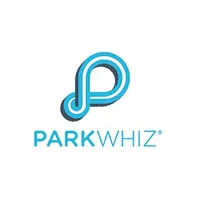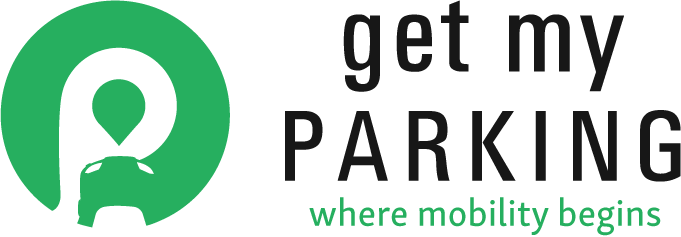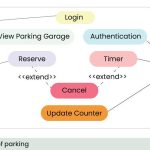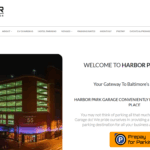Organizations choose GPS Parking because we understand that modern parking design goes far beyond space layout—it’s about creating smart, connected, and user-friendly systems that deliver real value. With deep roots in the parking industry and a forward-thinking approach, GPS Parking designs solutions that address each facility’s unique operational goals, user needs, and technological opportunities.
From tailored PARCS integration and intuitive wayfinding to expert project coordination and strategic SEO marketing, we bring all the pieces together into a cohesive, future-ready plan. Our team doesn’t just understand parking—we understand how to make it work better for owners, operators, and the driving public alike. That’s why clients across the country trust GPS Parking to lead their parking projects from concept to completion
Superior Parking Design Solutions Our reputation as a leader in the parking industry is built on a foundation of delivering superior designs that maximize space, enhance user experience, and reduce construction costs. By adopting the latest in architectural innovation and smart technology, GPS Parking creates more than just parking spaces—we create seamless parking experiences.
Tailored PARCS Solutions for Every Facility
At GPS Parking, we specialize in tailored PARCS (Parking Access and Revenue Control Systems) design, working collaboratively with a wide array of industry-leading providers to craft custom solutions that align with each facility’s specific operational goals and user experience requirements. Rather than relying on a one-size-fits-all approach, we assess the unique characteristics of your location—whether it’s high-volume urban parking, a private corporate garage, or a mixed-use development—and select the right mix of technology, hardware, and software to optimize functionality, flexibility, and long-term value.
At GPS Parking, we specialize in tailored PARCS (Parking Access and Revenue Control Systems) design, working collaboratively with a wide array of industry-leading providers to craft custom solutions that align with each facility’s specific operational goals and user experience requirements. Rather than relying on a one-size-fits-all approach, we assess the unique characteristics of your location—whether it’s high-volume urban parking, a private corporate garage, or a mixed-use development—and select the right mix of technology, hardware, and software to optimize functionality, flexibility, and long-term value.
Data-Driven Design Excellence At GPS Parking, we believe that the best designs are backed by solid data. Our team employs a rigorous research methodology to gather insights on traffic patterns, user behavior, and spatial analytics. This data-driven approach ensures that our designs are not only aesthetically pleasing but also highly functional and tailored to the specific needs of each client.
How Easy Is It to Move Your Parking Design Project to GPS Parking?
Transitioning to GPS Parking involves a straightforward process that begins with a discovery call to understand the client’s needs, followed by a detailed proposal and an onboarding call to introduce the dedicated account manager. This streamlined approach ensures that every transition is smooth and tailored to the client’s specific requirements, minimizing disruption and maximizing efficiency.
Switching to GPS Parking: A Smooth Transition Our team is dedicated to ensuring a smooth transition, with minimal disruption to your operations. We handle every detail, from the initial consultation to the final handover, ensuring that your switch to GPS Parking is smooth, efficient, and beneficial.
Phases of Our Design Process Our client-centric design process is divided into several key phases:
Consultation and Needs Assessment—Understanding your unique requirements and challenges.
Conceptual Design—Developing innovative design proposals that align with your vision.
Detailed Planning and Approvals—Turning concepts into actionable plans with all necessary approvals.
Implementation Support—Guiding you through the construction phase to ensure fidelity to the design.
Post-Implementation Review—Assessing the project outcome and making necessary adjustments.


























